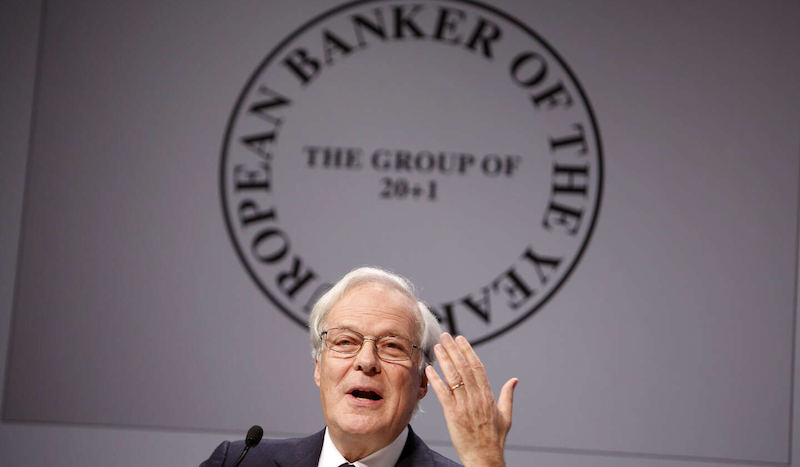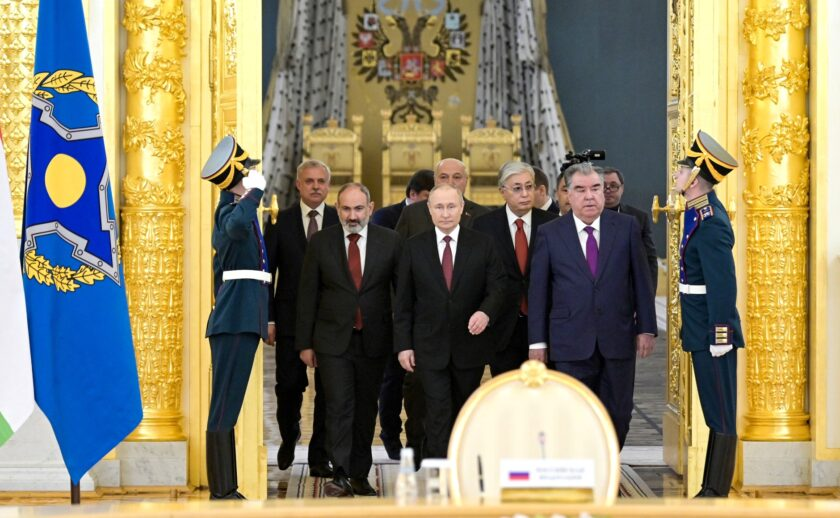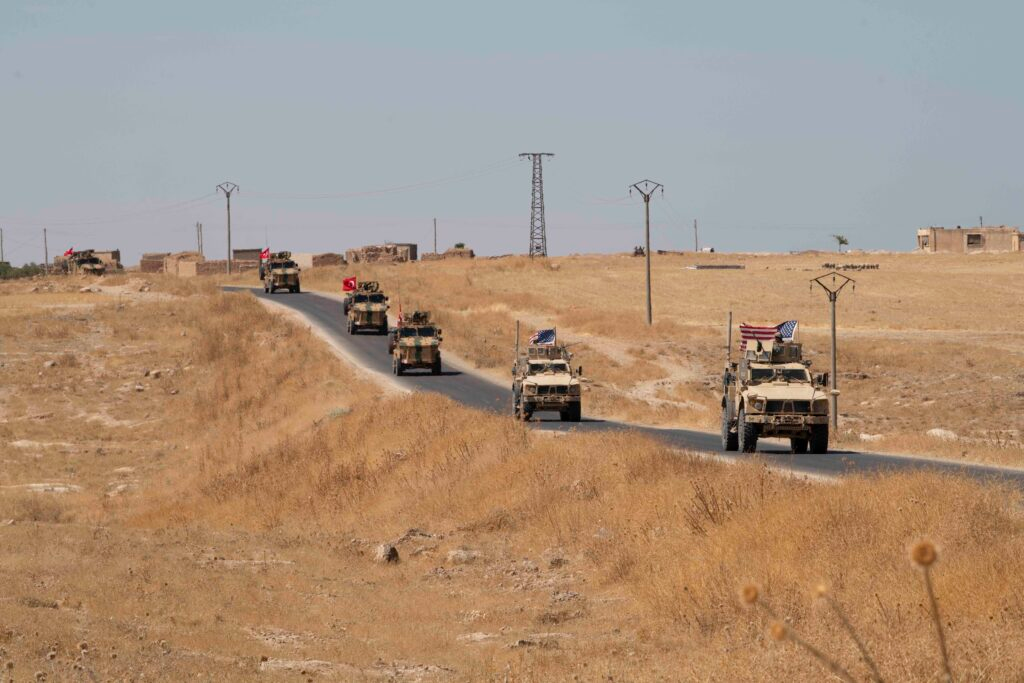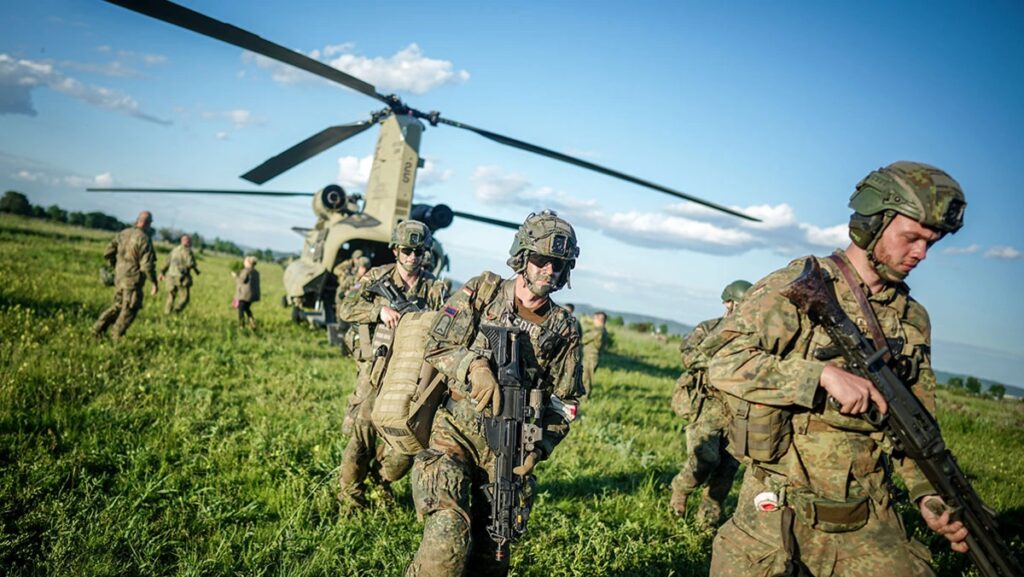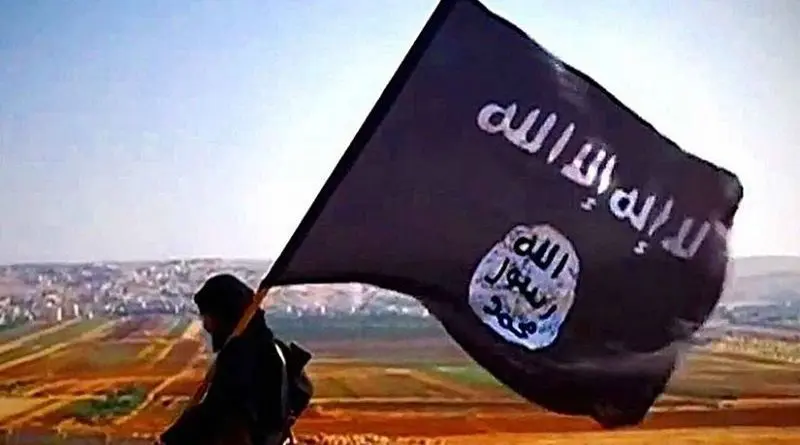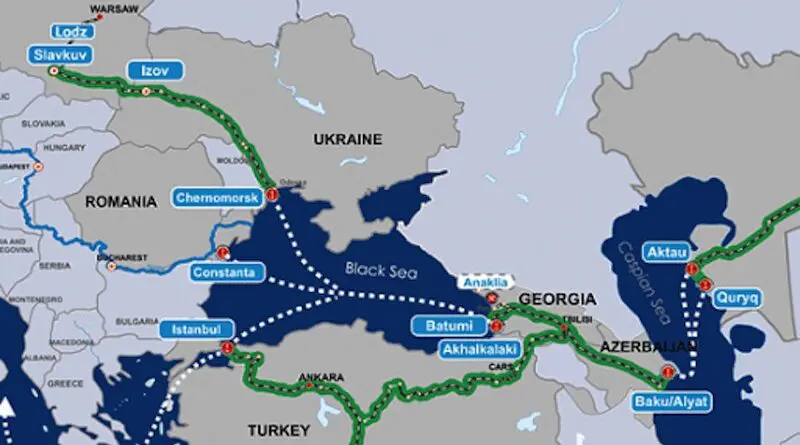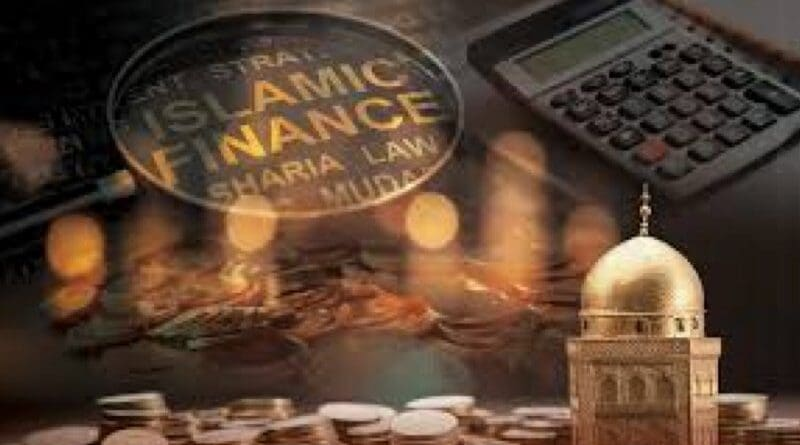Moyen-Orient, le grand enfumage sur les raisons du chaos depuis avant les accords Sykes-Picot
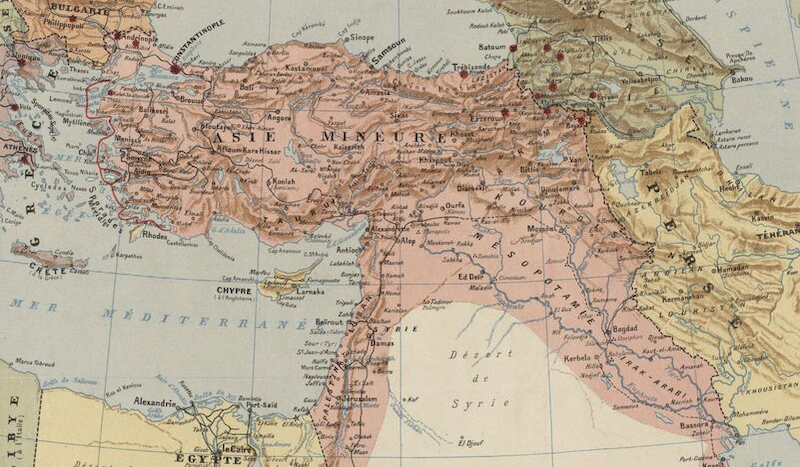
L’articulation historique et stratégique entre les questions de la Palestine et de Mésopotamie, et des couloirs d’export depuis la Mésopotamie (et le Golfe depuis l’émergence du gaz comme remplaçant du pétrole pour la génération électrique et le chauffage) vers la Méditerranée Est, c’est essentiel pour comprendre et faire comprendre l’histoire tragique du Moyen-Orient, y compris la tragédie entretenue depuis 2011 en Syrie, pays situé entre Irak et Palestine. Cette analyse devrait aussi servir pour proposer, voire imposer, des solutions globales pour une paix juste et durable.

